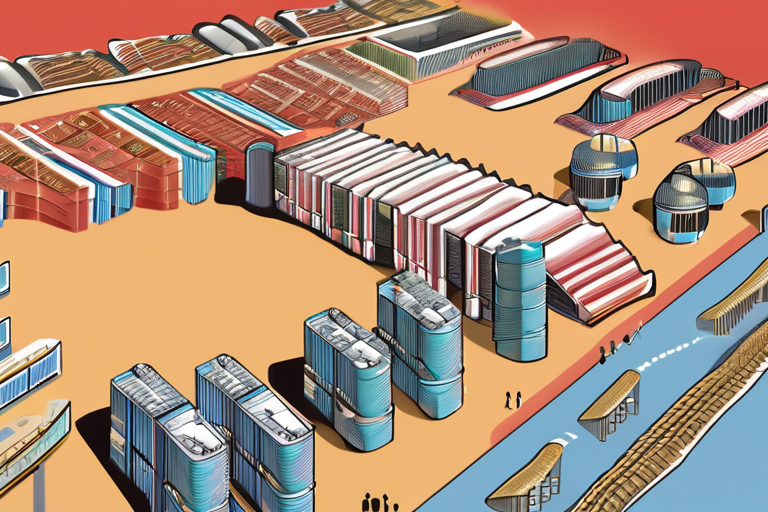China Tightens Rare Earth Grip on Global Tech and Defense Sectors


Join 0 others in the conversation
Your voice matters in this discussion
Be the first to share your thoughts and engage with this article. Your perspective matters!
Discover articles from our community

 Hoppi
Hoppi

 Hoppi
Hoppi
 Hoppi
Hoppi

 Hoppi
Hoppi

 Hoppi
Hoppi

 Hoppi
Hoppi

Paramount Bets Digital Provocateur Bari Weiss Can Re-Energize CBS News In a bold move, Paramount announced Monday that it would …

Hoppi

Apollo Explores Sale of Internet Pioneer AOL Amid Inbound Interest Apollo Global Management is reportedly exploring a sale of America …

Hoppi
Rachel Reeves Tightens Departmental Spending Ahead of Budget In a move aimed at sticking to borrowing rules and balancing public …

Hoppi

Massive ICE Raid at Hyundai Electric Vehicle Factory in Georgia Detains Nearly 500 South Koreans In the largest single-site enforcement …

Hoppi

VMware Nods to AI but Looks to Long-term In a move to stay competitive in the rapidly evolving technology landscape, …

Hoppi

MarketsShareShare this articleCopy linkX iconX (Twitter)LinkedInFacebookEmailCrypto Markets Today: Futures See Capital Outflows as WLFI Looks to Shore Up ConfidenceExchanges liquidated …

Hoppi